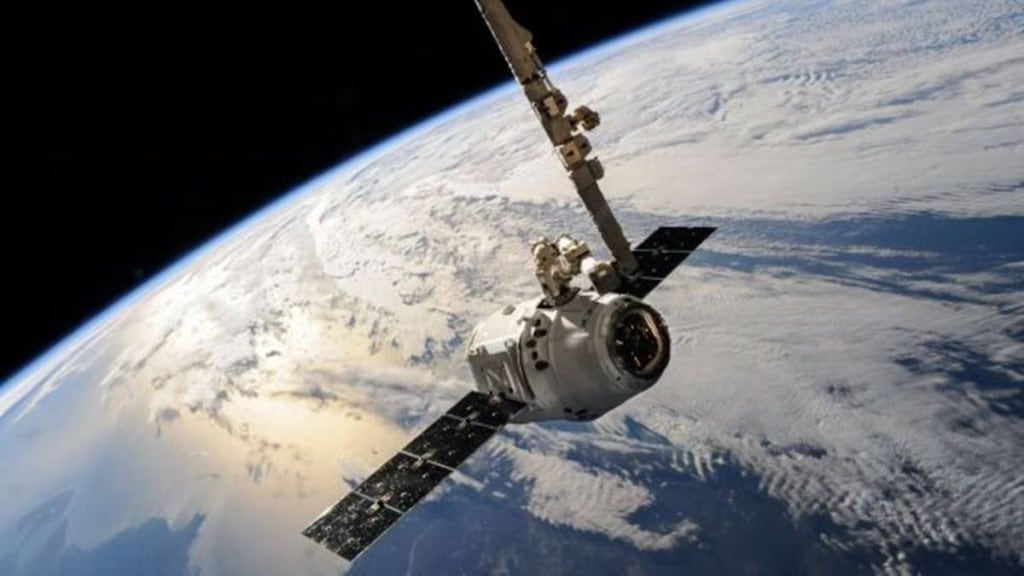India and Nepal have taken a significant step in their bilateral relationship by signing a Memorandum of Understanding (MoU) between the Ministry of External Affairs (MEA) of India and NewSpace India Limited (NSIL) to provide grant assistance for the launch of Nepal’s Munal Satellite. This collaboration highlights the growing role of space technology in diplomacy and the strengthening ties between neighboring nations.
Significance of the Grant
The grant assistance provided by India for the Munal Satellite’s launch underscores India’s commitment to supporting its neighbors in developing indigenous space capabilities. Munal Satellite, developed by the Nepal Academy of Science and Technology (NAST) with assistance from the Nepali space startup Antarikchya Pratishan Nepal (APN), represents a significant milestone in Nepal’s space journey. The satellite, designed by Nepali students, aims to create a vegetation density database of the Earth’s surface, which will be crucial for environmental monitoring and agricultural planning.
India’s decision to offer launch services through its Polar Satellite Launch Vehicle (PSLV) not only aids Nepal in realizing its space ambitions but also strengthens the technical cooperation between the two countries. This move reflects India’s broader vision of fostering regional cooperation in science and technology, which aligns with its “Neighborhood First” policy.
The MoU was signed by Anurag Srivastava, JS (North) from MEA and Arunachalam A, Director from NSIL. Dr. Rabindra Prasad Dhakal, Secretary, Nepal Academy of Science and Technology (NAST), Dr. Surendra Thapa, Chargé d’affaires of Nepali Embassy and Dr. Abhas Maskey, Founder, Antarikchya Pratishan Nepal (APN) were also present at the occasion.
Enhancing Space Diplomacy
Space diplomacy is an emerging tool in international relations, where countries collaborate in space missions to build strategic partnerships. The MoU signed between India and Nepal is a prime example of how space technology can be used to enhance diplomatic ties. By assisting Nepal in launching its satellite, India is not only contributing to Nepal’s technological advancement but also positioning itself as a leader in space cooperation within the region.
The launch of the Munal Satellite is a demonstration of India’s willingness to share its expertise and resources with neighboring countries. This collaboration will likely inspire other countries in the region to explore similar partnerships, fostering a spirit of cooperation in space exploration.
Moreover, the involvement of students and startups in the Munal Satellite project highlights the importance of capacity building in the space sector. By supporting such initiatives, India is helping to create a new generation of scientists and engineers in Nepal who can contribute to the global space community.
Conclusion
The grant assistance for the launch of Nepal’s Munal Satellite marks a new chapter in India-Nepal relations, with space technology serving as a bridge for deeper cooperation. This initiative not only enhances Nepal’s space capabilities but also strengthens India’s role as a regional leader in space diplomacy. As the Munal Satellite prepares for launch, it symbolizes the shared aspirations of both nations to explore new frontiers in space while fostering a strong and cooperative relationship on Earth.

